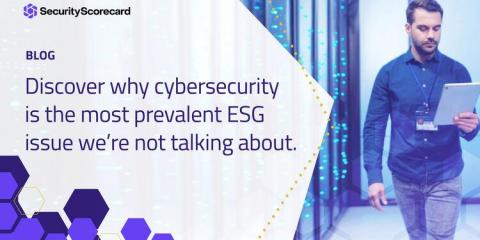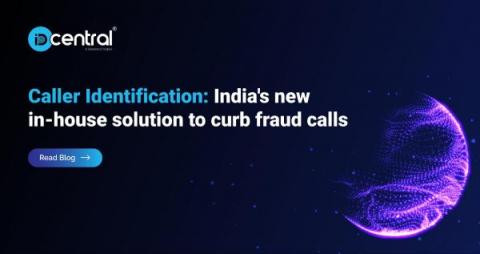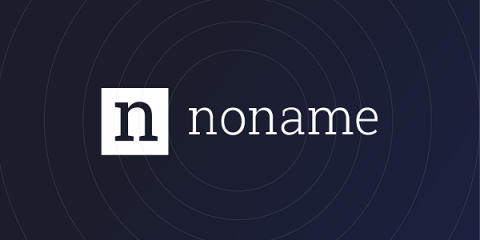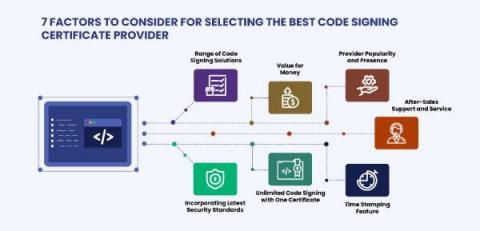Say Hello to SpiderLabs: Trustwave Security Testing
Trustwave SpiderLabs is among the most well-respected teams in the cybersecurity industry, having gained a reputation for conducting cutting-edge research, plying the foggy corners of the darkweb for information, and detecting and hunting down threats. What is less well known is how Trustwave’s SpiderLabs’ various teams’ function and then pull together to create the formidable force that is the backbone of all Trustwave’s offerings.










